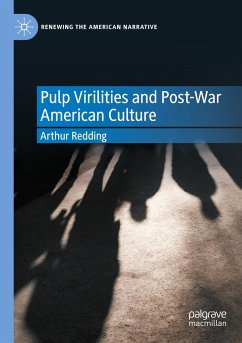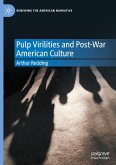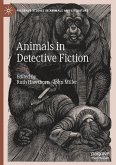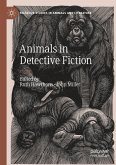This book interrogates the repertoire of masculine performance in popular crime fiction and cinema from the 1940s, 50s, and 60s. This critical survey of the back alleys of pulp culture reveals American masculinities to be unsettled, contentious, crisis-ridden, racially fraught, and sexually anxious. Libertarian in their sensibilities, self-aggrandizing in their sentiments, resistant to the lures of upper mobility, scornful of white collar and corporate culture, the protagonists of these popular and populist works viewed themselves as working-class heroes cast adrift. Pulp Virilities explores the enduring traditions of hard-boiled and noir literature, casting a critical eye on its depictions of urban life and representations of gender, crime, labor, and race. Demonstrating how anxieties and possibilities of American masculinity are hammered out in works of popular culture, Pulp Virilities provides a rich cultural genealogy of contemporary American social life.
"The book is deeply researched, rooted in and expanding earlier academic work on the hard boiled, pulp, and noir genres and their depictions of masculinities. The thorough research and theoretical basis set the stage for the author's convincing close readings of well- and lesser known novels and films from these genres." (Mareike Spychala, Crime Fiction Studies, Vol. 5 (1), 2024)








